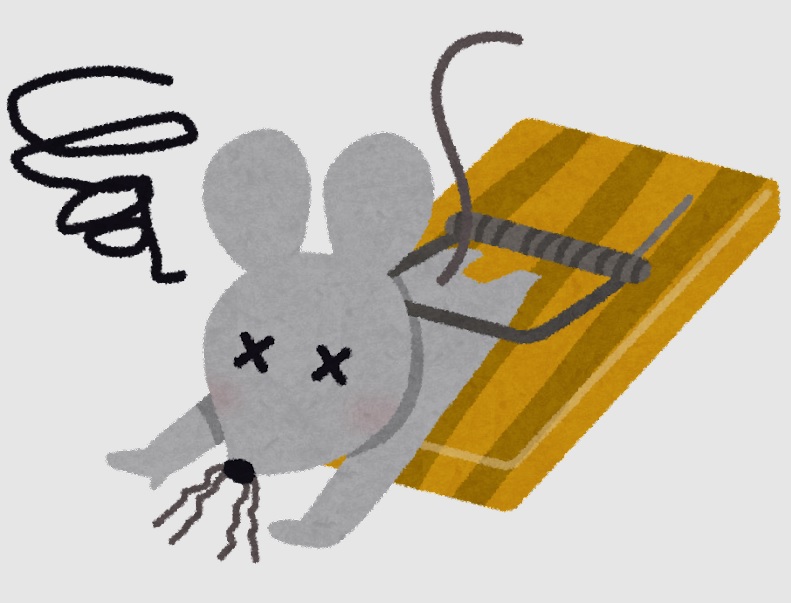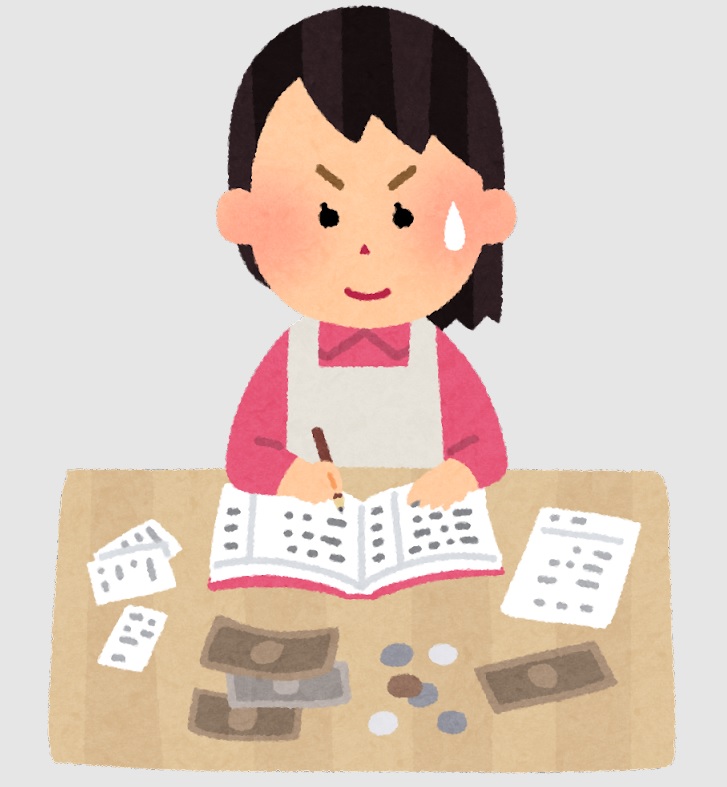「大局観で選ぶ|損失よりも未来を重視しよう」
〜前回のつづき〜
●保険契約を見直すなら今!~解約返戻金を確認して賢く選択を~(つづき)

例えば
これは仮の数字ですけど
学資保険に入って3年経つ。
ちょっと中途半端な数字なんですけど
3年で46万円払ってたとしましょう。
解約した場合
36万円返ってくる。

そうすると
10万円損しちゃうんですよね。
みんな10万円損するのが
すごく嫌なんです。
やはり人間だれでも
損するのは嫌なものなので
人間って心理的に
損した時の方が3倍辛いみたいです。
1万円損するのと3万円得するのと
心理的な見知でいうと一緒ぐらい。
1万円の損を取り戻す心の回復には
3万円ぐらい得しないといけない
みたいなことです。
人間というのは誰でも
損したくない生き物です。
でもこの保険というものは
契約してしまった段階で
ほぼ損しちゃうんですよね。
損したくないといって
しがみつくというのは
思うツボになっちゃうんですよ。
じゃあどうすればいいか?
という事なんですよ。
「解約しなかったら損しないからいいじゃないか!」
と言ってもそうじゃなくて
仮に10万円損をしちゃっても
もう少し大きな目で見ていただきたい。

発想の転換です。
返ってくる36万円を投資にまわす。
仮に先進国の株式にもしも回したとしたら
利回りが6%でも86万円になる訳です。
50万円増える訳です。
10万円ここで損したかもしれないけど
返ってきた36万円を投資にまわして
残りの15年間置いておくだけでも
利回り6%だとして
50万円増えるんですよ。
もしくは
「株式なんてどうなるかわからないじゃないか!」
「安全じゃない!」
そうすると
債券などで利回り3%ぐらいで
回したとしても
56万円になって
20万円増えるんですよ。
要はトータルで考えましょう
ということです。
目先の10万円に
しがみついてはいけないんです。
数字で考える。
『損切り』という考え方です。
仮に10万円損したとしても
残りの年数と
機会損失というのがあります。
資金が拘束されてしまってるので
結局ずっと残りの期間も
利回りの悪い商品で
契約しつづけなければならない。
非常にもったいないんですよ。
だからそこは多少損してでも
トータルでどっちがいいか
というのは判断して欲しいです。
仮にもう既に
16年契約してから経ってて
もう2年で満期を迎えるのであれば
もう別にそのままでいいと思います。
その場合でも
解約して投資に回したらいいんじゃないか
という人もいるんですけど

それはケースバイケースですね。
投資というのは長期で見ると
ほとんどの場合で損はしないんですけど
短期で見ると増えたり減ったりもする。
損するリスクが高くなっちゃうので
それはあまりオススメできません。
今後はこのような商品は買わないようにする。
もう既に積み立ててしまった人だったら
しっかり勉強して
優良な投資に
シフトチェンジすることを
オススメします。
〜〜〜つづく〜〜〜
Special Thanks college president Ryo.
●おまけ
≪≪Chat-GPTくんによる要約→perplexityちゃんによる文章まとめ≫≫
保険契約の見直しは、解約返戻金を考慮することが重要です。例えば、学資保険に3年加入し46万円支払った場合、解約すると36万円が返ってきます。この場合、10万円の損失が発生しますが、多くの人は損失を嫌います。心理的には、1万円の損失を取り戻すには3万円の利益が必要と言われています。
しかし、解約して得た36万円を投資に回すことで、長期的には利益を得られる可能性があります。例えば、利回り6%の先進国株式に投資すれば86万円に増える可能性があります。また、利回り3%の債券でも56万円になるため、目先の10万円の損失に固執せず、トータルで考えることが大切です。
契約期間によって解約の判断は異なりますが、長期的な視点で「損切り」を行い、優良な投資にシフトすることをおすすめします。保険契約を見直し、賢く選択することで将来の資産形成につなげましょう。
Citations:
[1] http://ps-office.com/panf_detail_251001/14_001_siniryoua.pdf
[2] https://www.msa-life.co.jp/yakkan/pdf/2017-B2162.pdf
[3] https://www.hokennomadoguchi.com/lineup/company/aioiseimei/
[4] https://www.netbk.co.jp/contents/resources/pdf/ins_0101_attention.pdf
[5] https://www.ms-primary.com/products/okuru_yorokobi2/pdf/okuru_yorokobi2_MSPL-2304-A-0035-00.pdf
[6] https://www.fukokushinrai.co.jp/consider/product/general/iryoujizai/
[7] https://www.msa-life.co.jp/yakkan/pdf/2018-0110.pdf
[8] https://www.prudential.co.jp/insurance/lineup/tokuyaku/
≪≪Chat-GPTくんによる英訳≫≫
~Continuation from the previous discussion~
Let’s say, for instance, you’ve been paying into an education insurance policy for three years.
This is just a hypothetical number, but suppose you’ve paid 460,000 yen over those three years. If you decide to cancel it, you’ll get back 360,000 yen. This means you’ll lose 100,000 yen. Most people hate the idea of losing 100,000 yen. It’s natural for anyone to dislike losses. Psychologically, people feel losses three times more intensely than equivalent gains. For example, losing 10,000 yen feels as bad as gaining 30,000 yen feels good. To recover emotionally from a 10,000 yen loss, one would need to earn about 30,000 yen.
Humans, by nature, are creatures that want to avoid loss. However, when it comes to insurance, in most cases, you’ve already incurred a loss the moment you sign the contract. Clinging to the idea of avoiding loss can actually work against you. So, what should you do? That’s the key question here.
Some might say, “If I don’t cancel, I won’t lose anything, so it’s fine, isn’t it?” But that’s not the right perspective. Even if you lose 100,000 yen, try to look at the bigger picture. For instance, if you invest the refunded 360,000 yen, assuming a 6% annual return in developed market stocks, it could grow to 860,000 yen over 15 years. That’s an increase of 500,000 yen. While you might lose 100,000 yen initially, by investing the returned 360,000 yen and letting it grow over 15 years, even at a 6% return, you could gain 500,000 yen.
If stocks feel unpredictable or unsafe, you could consider bonds with a 3% annual return. In this case, the amount would grow to 560,000 yen, increasing by 200,000 yen. The point is to consider the overall outcome. Don’t get fixated on the 100,000 yen loss right in front of you. Think in terms of numbers and adopt a “cut-loss” mindset. Even if you lose 100,000 yen, you need to account for the remaining years and the opportunity cost of having your funds tied up. Funds locked into low-return products mean you’re stuck with that low performance for the remaining term, which is a huge waste.
So, even if you incur some loss, you need to decide which option is better overall. For example, if you’ve already been paying into the policy for 16 years and only two years remain until maturity, it’s fine to just leave it as it is. Even in this case, some might argue that canceling and investing the funds would be better, but that depends on the situation. Investments tend to yield positive results in the long term, but over the short term, values can fluctuate, increasing the risk of loss. For this reason, short-term investing is not recommended.
The key takeaway is to avoid purchasing such products in the future. For those who’ve already started paying into them, I recommend studying diligently and shifting to more favorable investment options.
Special Thanks OpenAI and Perplexity AI, Inc


